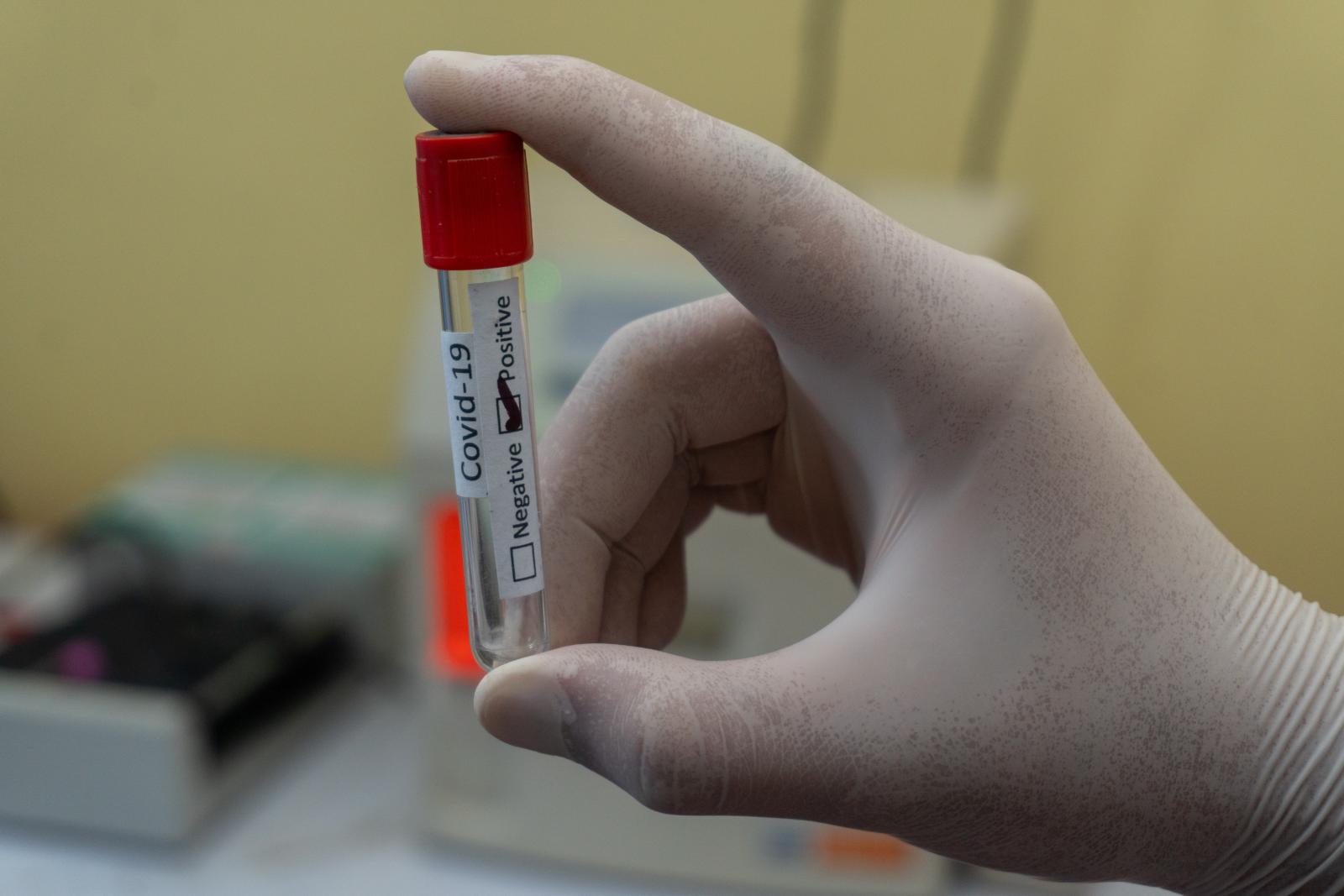A competition was launched by the European Commission in order to find the proper name for the new integrated funding system that will follow the Seventh Framework Programme (FP7) for the funding of research and technological development. The chosen name, Horizon 2020, aims to represent a new perspective towards simplification and the necessity to break down those barriers that still constitute and obstacle for a single market for knowledge, research and innovation within Europe. However, this does not mean that things are going to get easy for those who want to get funded by the European Union. Financial rules are going to change and new issues are going to be faced by project managers, as well as finance and administrative staff. In order to address these issues, the Finance Helpdesk hold a one-day workshop in London.
One of the workshop participants was Elke Rosiers, director of European affairs at Chalmers Industriteknik, a foundation that acts as an interface between industrial companies and academia. She produced a personal summary of what she learnt in London and shared it through her LinkedIn page.
Rosiers reported that the European Commission is still writing the Grant Agreements (GAs) and Annex 2 (about the need for public intervention and European added value) and that new draft versions will be released regularly. Since rules may change quickly, she recommend to keep track of every new information about that. Also, a final agreement on the funding rules has not been reached yet. Once they will be fixed, the Finance Helpdesk will publish a freely-available handbook on their website and will update it bi-monthly, as they already did with the FP7. It has also been announced that the participant portal will be changed, although the release date of the new version is still unknown. What is certain is that all direct communication, such as phone calls and emails, are going to be replaced by an internal messaging system that could become a problem if too pedantic.
The expected total budget for Horizon 2020 is likely of 70-80 billion €. The framework will have only two kinds of projects, research projects and innovation projects, which will focus on three main areas: Excellent Science, Industrial Leadership and Societal Challenges.
The Excellent Science framework will include bottom-up and excellence-driven projects that will be distributed among four programmes: the European Research Council (ERC); the Future and Emerging Technologies (FET); the Marie-Curie Actions (MCA); the Responsible Investor (RI).
Within the Industrial Leadership area, the approach will be top-down and will include collaborative projects with a strong focus on industrial involvement and applied research. It will include three programmes: the Leadership in Enabling and Industrial Technology (LEIT); access to risk finance for small and medium enterprises (SMEs); innovation in SMEs.
The top-down approach will also characterize the Societal Challenges framework, which will be policy-oriented and will probably focus on large, collaborative projects. Rosiers pointed out that this third priority area is still less defined than the other two, at the moment. The different programmes included in this area will be dedicated to: health and demography change; food security and sustainability, and bio-economy; secure, clean and efficient energy; smart and green transport; climate actions; inclusive, innovative and secure societies.
Above all that, Rosiers also went into some details regarding grant agreement terms, direct and personnel costs, contracts, how to deal with the receipts – similarly to FP7 – and time sheets management.
In conclusion, though being a personal account of the information provided during the London workshop, Rosiers’ summary prove to be a useful recap of what is going on in the debate around Horizon 2020 funding rules, quite a key topic given the framework’s purposes towards simplification and flexibility.


